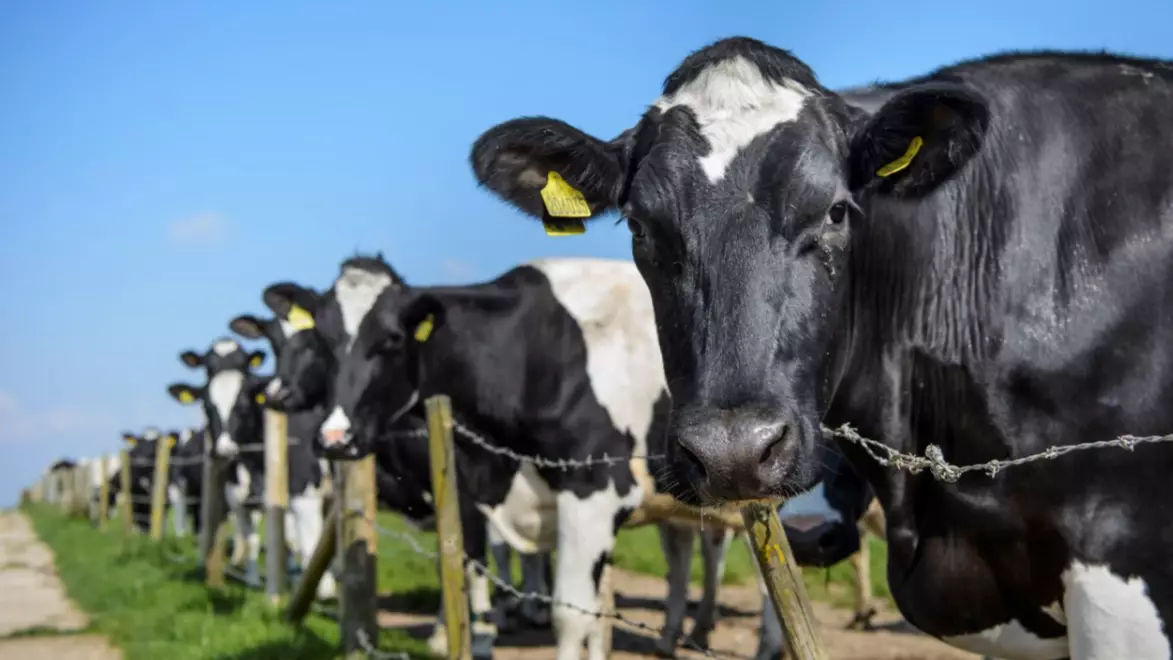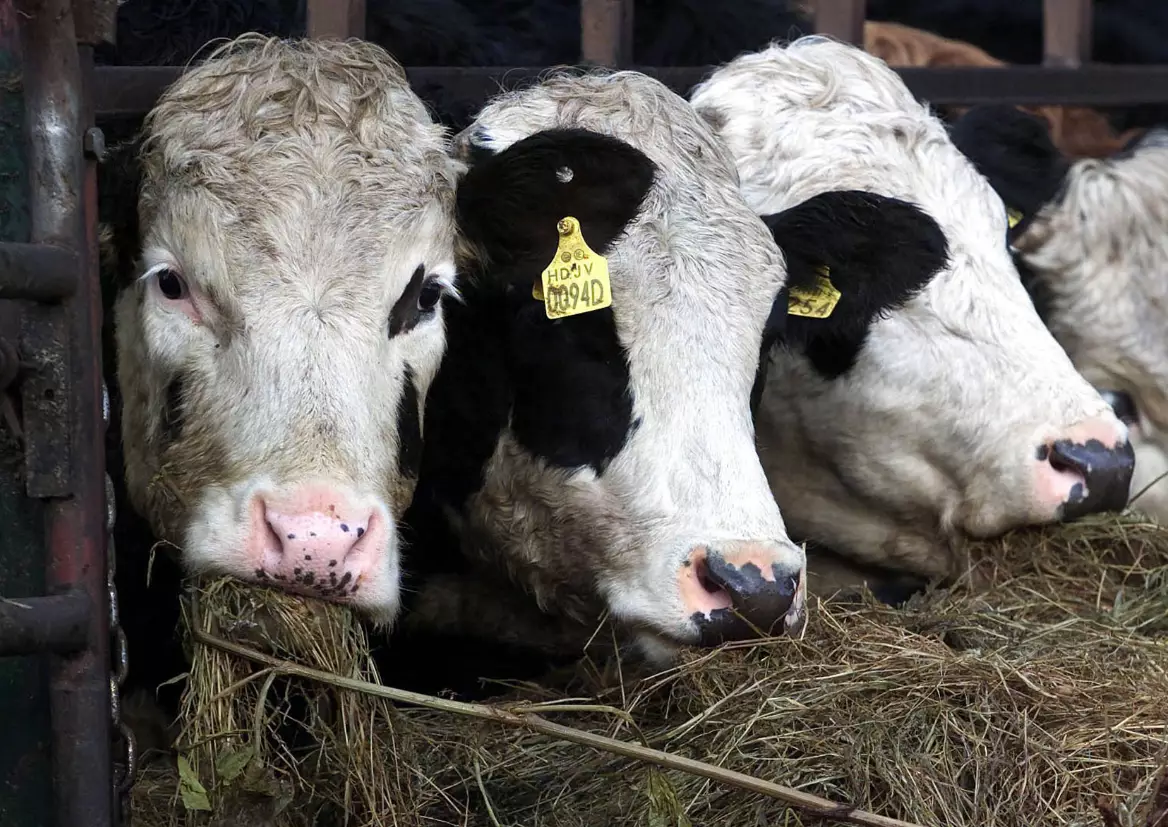
A case of BSE (bovine spongiform encephalopathy), which is also known as 'mad cow disease', has been confirmed at a farm in Aberdeenshire, the BBC reports.
Investigations are currently under way to work out the origin of the disease, but the case was identified before anything had entered the human food chain.
Chief Veterinary Officer Sheila Voas told the BBC: "I would urge any farmer who has concerns to seek veterinary advice."
Advert
She added: "While it is too early to tell where the disease came from in this case, its detection is proof that our surveillance system is doing its job.
"We are working closely with the Animal and Plant Health Agency to answer this question."

Ian McWatt, director of operations in Food Standards Scotland, said: "There are strict controls in place to protect consumers from the risk of BSE, including controls on animal feed, and removal of the parts of cattle most likely to carry BSE infectivity."
Advert
Rural Economy Secretary Fergus Ewing has said that a movement ban was now in place on the farm, which remains unnamed.
The Scottish Government also said in a statement: "The Animal Health Agency (APHA) is investigating the source of the outbreak.
"The case was identified as a result of strict control measures we have in place.
"It did not enter the human food chain and Food Standards Scotland have confirmed there is no risk to human health as a result of this isolated case."
This case is the first of its kind in Scotland for 10 years. It is believed to be 'isolated', and was discovered after routine tests that take place after an animal dies on a farm.
Advert
There was a confirmed case of BSE in Wales in 2015, but it did not enter the human food chain, and authorities stressed that there was no risk to human health.
BSE was first discovered in the UK back in 1986, when more than 180,000 were infected with the disase when it was at its height - peaking in 1993 with almost 1,000 new cases per week, with 4.4 million slaughtered as part of the eradication programme.
The EU subsequently placed a ban on British beef, but the disease ended up spreading to other countries including France and the US.
It is thought to be caused by proteins known as prions. When it is transmitted to humans who have eaten infected flesh, it becomes known as variant Creutzfeldt-Jakob disease.
Featured Image Credit: PA